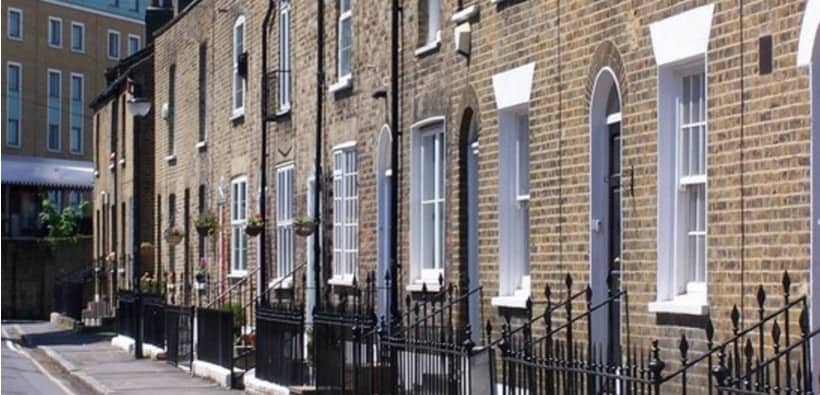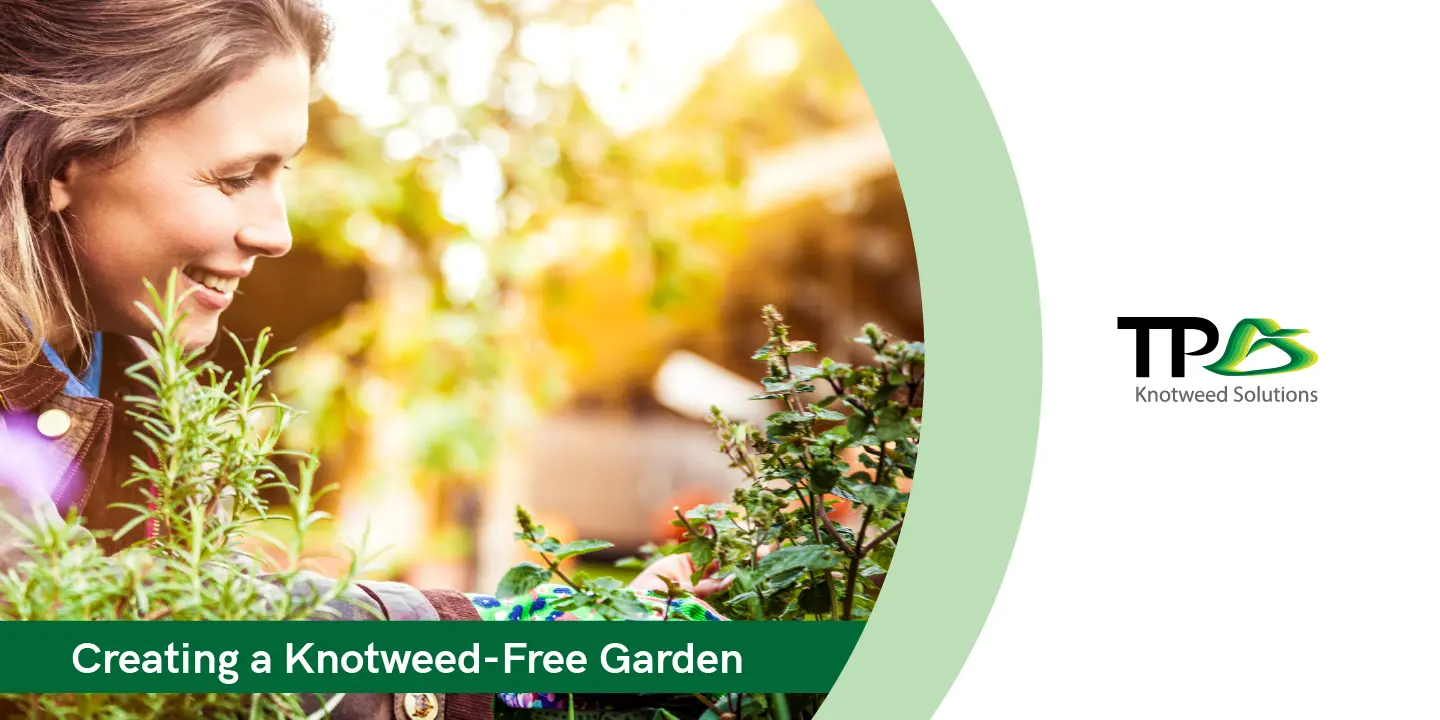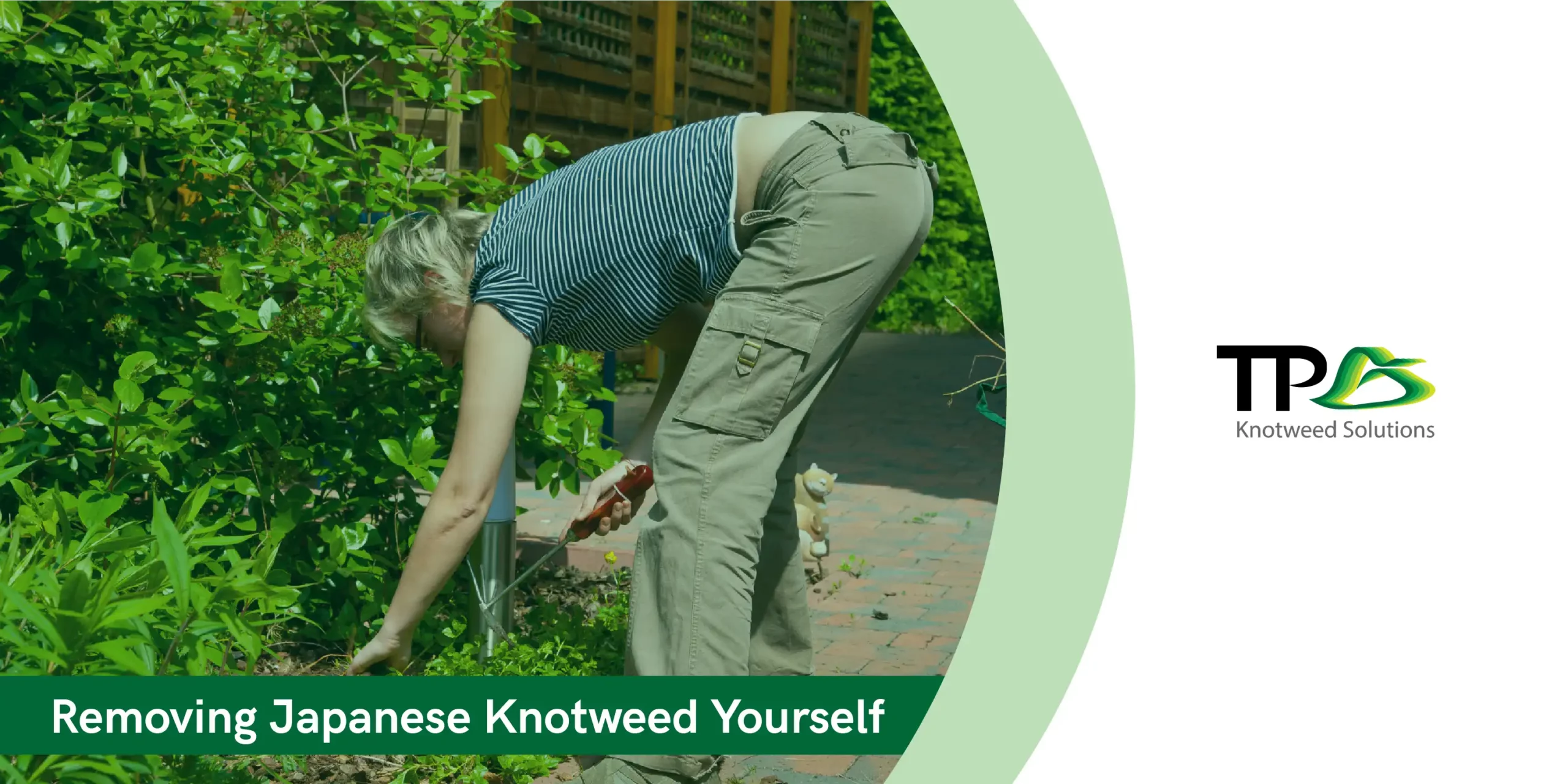Japanese knotweed and selling property don’t sit comfortably together. knotweed causes damage to buildings and significant complications for house values, mortgages, and sales. Find out more.
Property prices in the UK have always varied widely, and the latest figures from the Office of National Statistics (ONS) prove to be no exception. In July 2015, the most expensive property sold was a house with a SW1 postcode for £12.9 million.
In comparison, the cheapest property sale occurred in Lancashire for a meagre £10,000.
The presence of knotweed significantly complicates your property’s value. This article discusses how—and what you can do about it.
First, let’s get a clear picture of the recent property trends in Britain by exploring the most up-to-date Land Registry statistics for England and Wales.
UK property prices
Property prices in the UK are definitely on the up. According to the most recent ONS data, the value of property in England and Wales has increased by 5.2% in the past year, with the average property value now standing at £183,861.
Halifax estimate the annual rise to be even greater, standing at 9% with the average cost reaching £204,674.
Property prices are booming
Reflecting the buoyancy of the national market, every single region in England and Wales has enjoyed an annual price rise in the past year. The highest price rise is found in the east, where the value of properties has risen annually by a mighty 8.9%. Other regional hot spots include, not surprisingly, London and the south east, where prices rose by 8.3% and 8.2%.
London remains the priciest place to own property with the average cost now reaching a staggering £488,720.
Where are prices slowing down?
While prices are still rising annually overall, there are some areas showing signs of slowing down. In particular, the property market in the north of England and in Wales is beginning to stabilise. The north east saw the lowest annual property price increase at a meagre 0.4%.
Monthly price increases in July for both the north east and north west also remain slight at 0.7% and 0.3%. Wales was the only area last month to show an actual price decrease, with a fall in value of 0.3% despite enjoying an annual rise of 1.5% overall.
Japanese knotweed and selling property
Japanese knotweed can have serious implications for the selling potential of your property. With property prices generally on the increase, buyers are expecting more, becoming increasingly discerning about their property purchases. knotweed has experienced increased media coverage over recent years, making it a talking point for buyers viewing prospective homes.
Property damage
knotweed can cause severe damage to building integrity and infrastructure.
- Fast growing shoots will exploit wear, tear, and other cracks in materials from concrete to brick, growing into them and forcing them apart.
- A large root system does the same to plumbing and other pipework. Left untreated, roots can grow up to 7m across, meaning the problem is better taken care of as soon as possible.
- Damages will result in costly consequences for your property and direct affect its market value for the worse.
I’ve found Knotweed. Can I still sell my house?




